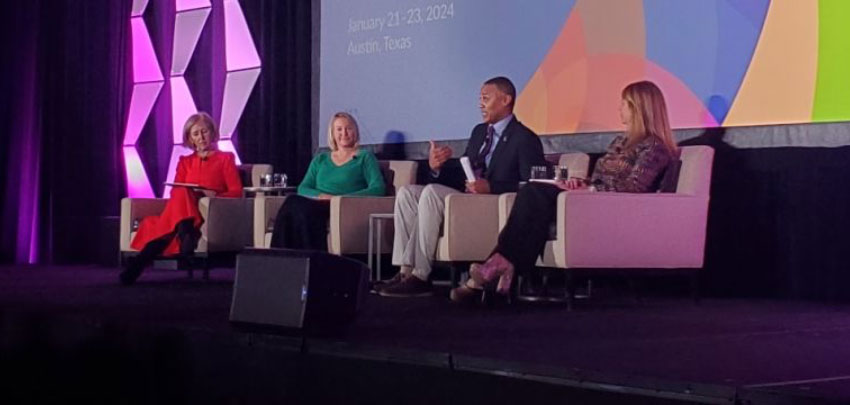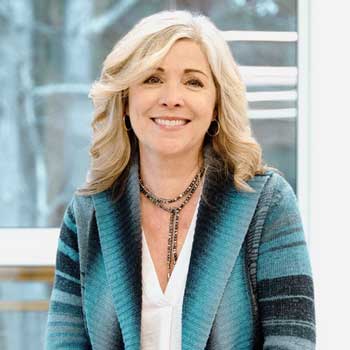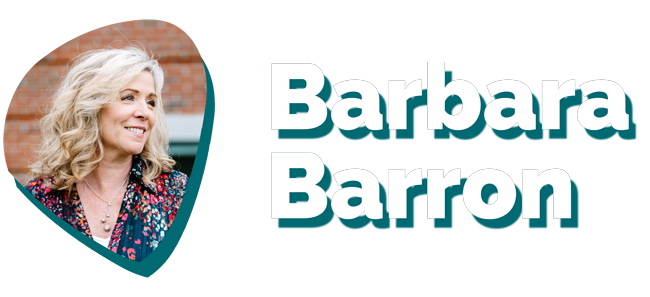by Barbara Barron | Posted January 31st, 2024 | Subscribe to this newsletter

There’s something special about sitting in a room with 1,400 advancement professionals from around the country.
That was the sell-out crowd gathering in Austin for the CASE-NAIS 2024 national conference. And while this is not our first rodeo since COVID, it still felt unmistakably festive to be together again. For some of us, it was the first time back. For others, it was a first time.
For many reasons, about which I have written, our profession is one with a high level of turnover. So, whether people are in new positions, at new schools, or new to the profession, this annual conference is an important touchstone for all of us to learn new skills, gather fresh ideas, reconnect with others, remember we are not alone in this “weird” wonky world, and to have some fun.
Thanks to the excellent conference planning committee, most of us got to enjoy events we did not have to organize ourselves!
My takeaways are many. But for our purposes here, I wish to reflect on the value of being an advancement person in an organization. There is so much we can do and do bring to our schools and their cultures. Here are a few:
1. Holding institutional knowledge
So much of culture is set by shared language and habits. Advancement people get that. We tend to be quick studies when it comes to picking up what people love and cherish about our school’s culture. We hear it from parents, teachers, and alumni when we ask them why they get and then stay involved, and why they give (you are asking that question, aren’t you!?).
We can preserve the stories families tell us and track their giving, so we have a keen sense of what matters to them. We help hold the memories of the place.
When a new Head or trustee joins us in our work of approaching a family, we are the ones who know the history. That’s vital to furthering the relationship and connecting the family and their love of the school to its needs and initiatives. That can feel like magic.
2. The natural tendency to collaborate
Not true for everyone, of course, by most of the best advancement pros I know are only too happy to help others. Even if we are competitive with ourselves or in other parts of our lives, we don’t tend to be so in the work. That’s because most of us are not in competition with other schools for donors, so we can be more generous with our ideas, our time, and our expertise. We are a sharing people. Moreover, it’s virtually impossible to do our work well alone. It’s simply not a solo sport. So even if we don’t come to it naturally, or aren’t always thrilled to do it, we learn quickly how to collaborate. That skill set is valuable as we model it for other departments.
3. Seeing how things are connected
While other departments might work in a siloed fashion, and some development and admission departments still do, too, at the healthiest schools, we must look outward and in a 360-degree manner to be effective. This gives advancement people a deep understanding of the interconnectedness of life on a school campus. We see the arc of experiences parents have. We watch the way students move through their years with us and notice if they have models for how to be an active and effective alum. We watch when the Dean of Students or the CFO communicates or doesn’t with us about things, they learn that can help us all do a better job of supporting families. If invited, we help others see and value those connections. Together, we’re all able to work respectfully and professionally, sharing vital information and insights that serve our students and their families better.
4. A source and a resource
Remember a time when you momentarily couldn’t pull up someone’s name and then the rush of relief when it popped onto your tongue in the nick of time? That’s something many advancement pros have become very good at doing, for themselves, for others, for their Head of School or Board Chair. Beyond connecting faces with names, we serve as a resource for other important relationship-growing information. We know what businesses our parents are in so we can help connect these subject matter experts to an interested teacher to enhance a lesson or a unit.
Further, we can offer some interpretation to new families as they struggle to understand what all our niche-y expressions and abbreviations mean, to “get” the inside jokes. We can be a glossary of sorts. Why make them search? We can make the invisible visible to them and help smooth a bumpy transition. (See my article on creating a Guide to Giving and Getting Involved.
Have you subscribed to this newsletter yet? It only takes a minute.
5. The value of physical presence
This is the tangible intangible. By physically being there, in our office, in the halls, on the sidelines of the game, or in the theater for the performance, we say so much with our presence. We seek to be a trusted advisor. Being there, consistently, with an open heart and mind is our path to that goal.
The subject of remote work came up several times during the conference. While our schools have been back in person for almost two years now, many in our offices are still remote, at least part of the week. How are we negotiating that? Are we truly able to be away and still have a sense of connection with our colleagues and families? I’m not sure.
One of our keynote speakers, Priya Parker – the brilliant and engaging author of The Art of Gathering: How We Meet and Why It Matters – spoke about the need to be thoughtful and clear about our purpose before we gather, whether for a board meeting, a leadership retreat, or a gala. Our purpose is the central piece we tend to skim over as we hurry to get to the logistics. Parker insists that slowing down and thinking carefully about why we are gathering will lead to far more meaningful and successful gatherings.
Her work is a valuable resource if we wish to have a different kind of conversation as we plan how and why to come together. Advancement people are often the event planners! So let’s lead or facilitate a different conversation.
My gratitude again to 2024 planning committee, and to my friends and colleagues for sharing so much of themselves. See you in DC in 2025!

Barbara Barron
[email protected]
Share this post:

BARBARA BARRON is one of the most respected and highly sought-after independent advancement professionals in the country, having worked with dozens of schools in every corner of the United States.
She has raised over $20 million for schools where she served as the Director of Development. Barbara is a New York Times bestselling author, speaker, and presenter who currently advises dozens of schools in various capacities. She is considered a thought leader in the world of advancement, with her writing widely shared by professionals in development offices worldwide.
More Advancement Articles






